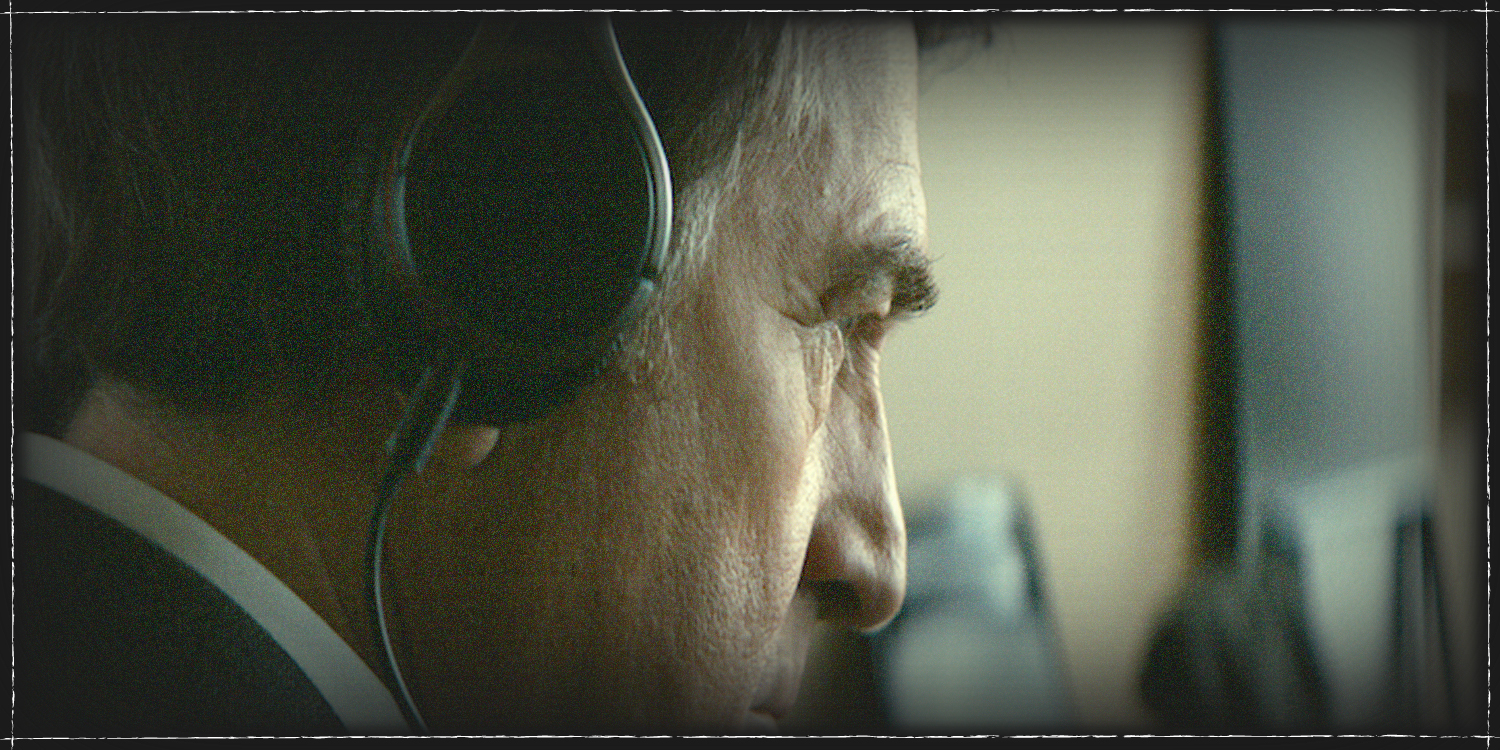First and foremost, any film with Francois Cluzet is worth a look. He is a fine movie actor from the top drawer -a Dustin Hoffman without the verbiage. His performances over the years genuinely grow in authenticity as he straddles each fluctuating zeitgeist. He represents us, the ordinary man or woman absorbing the pressure of a given circumstance until he breaks and is forced to act.
Here he plays Duval, a fastidious accountant who handles stress by drinking, an affliction brilliantly established in the opening sequence. Asked to deliver a report overnight he sets about furiously searching and collating data, to be found the next morning by cleaners, asleep in an office resembling a bombsight yet his files for the report are immaculately laid out. Job done.
We pick the story up two years later. The stress levels and the alcohol drinking see him now unemployed and attending regular AA meetings. Whilst attending a funeral he accidentally comes into contact with an old colleague who has become a success with companies opening in various countries around the world. He feels sorry for Duval and gives him his card, which leads to an illicit offer seemingly emanating from the Ministry of National Security. His job interview with a shady operative called Mr. Clement opens with the question, “Do you love your country?”.
The offer of a temporary well paid job transcribing telephone recordings is too good an opportunity to spurn and Duval is sent to an empty apartment furnished with only a table, chair, cassette player and a typewriter in a rundown housing estate. He soon falls into a rhythm- “It’s mechanical”, he says later on -each day typing mundane telephone conversations from unknown people.
We get the first evidence all is not well when a recording ends abruptly with an apparent assault, later confirmed as murder when Duval sees the heading of a newspaper citing the slaying of a senior political figure, a name he’d been hearing on the tapes. Soon after, an employee of Clement arrives to read the transcripts and manages to coerce Duval into accompanying him to retrieve a missing diary which had been talked about in the transcripts.
However during an attempted break-in, a caretaker is killed and a witness places Duval at the scene. Duval attempts to resign his job but discovers that Clement, the man who employed him doesn’t actually exist. The office is uninhabited. He becomes the number one suspect for a murder he didn’t commit and simultaneously the target for shady agents who fear he knows too much.


